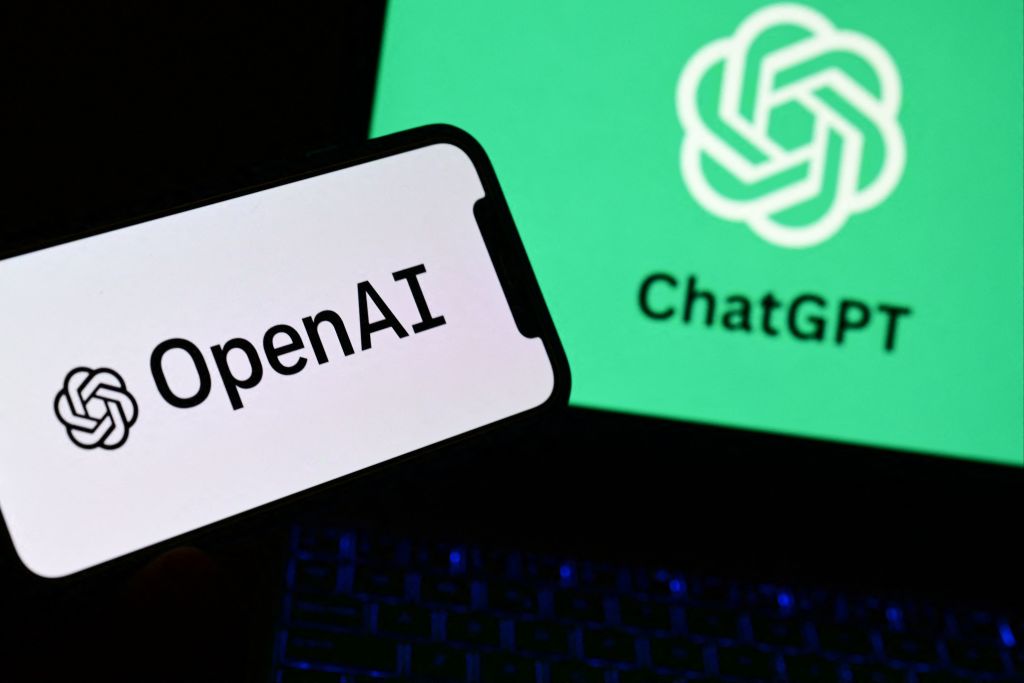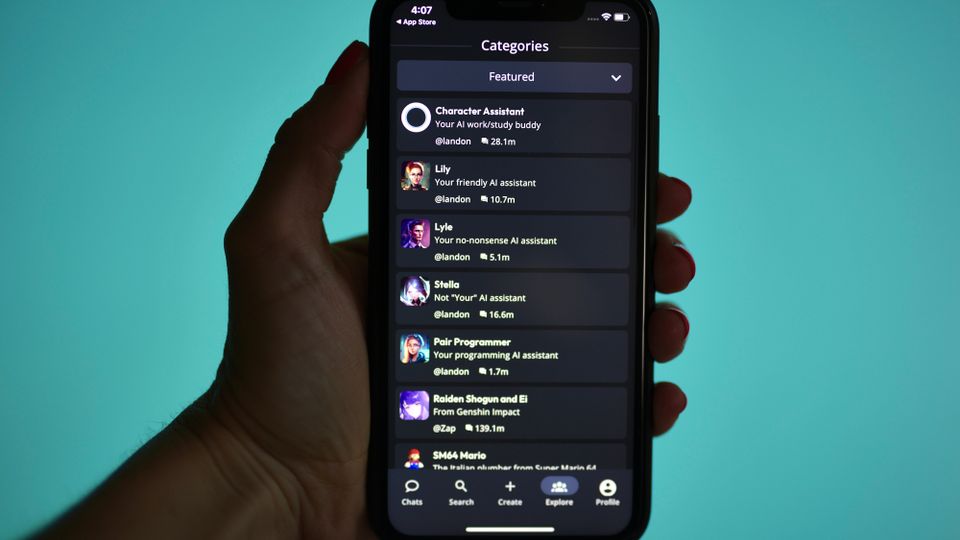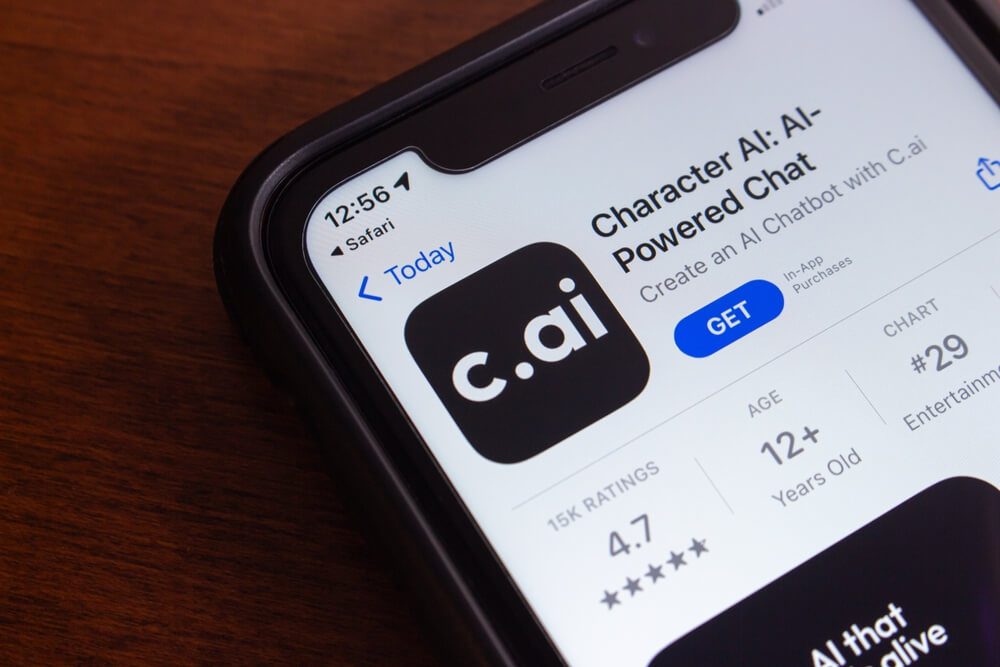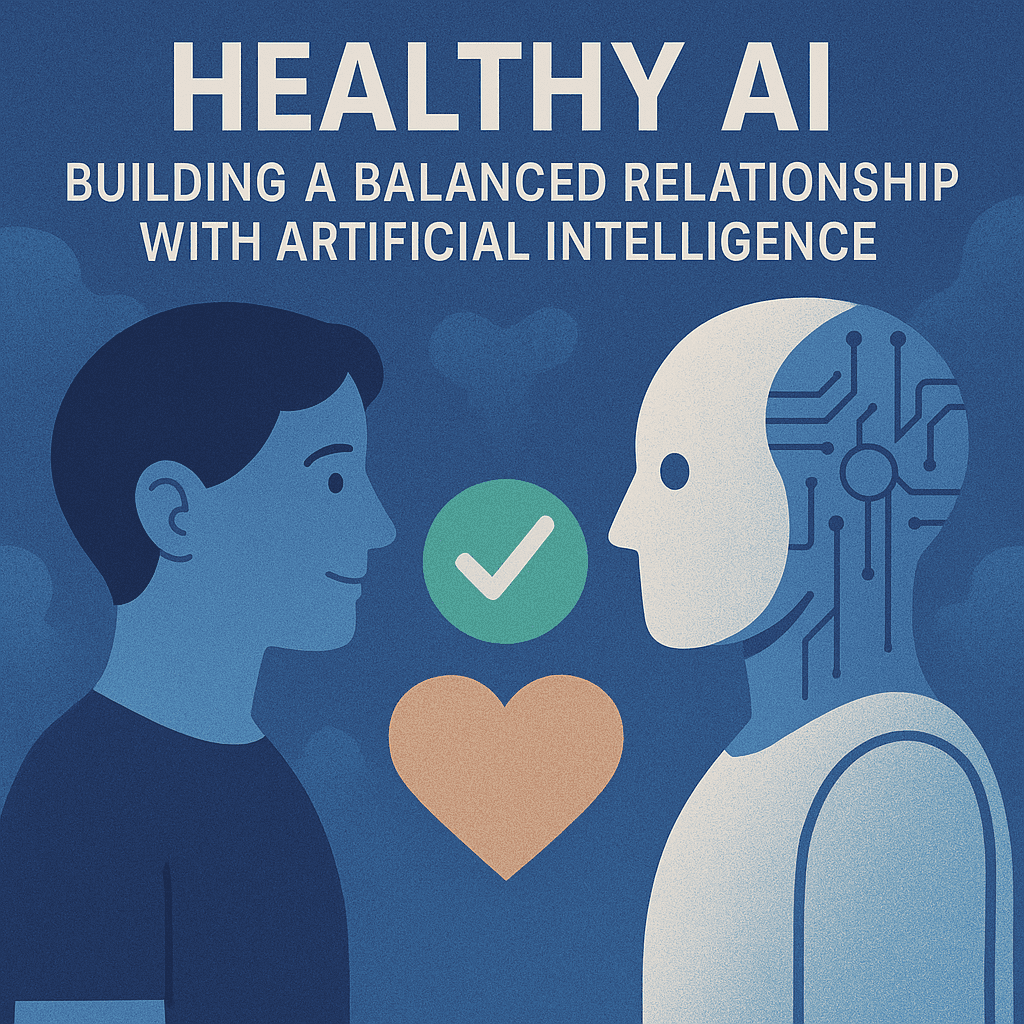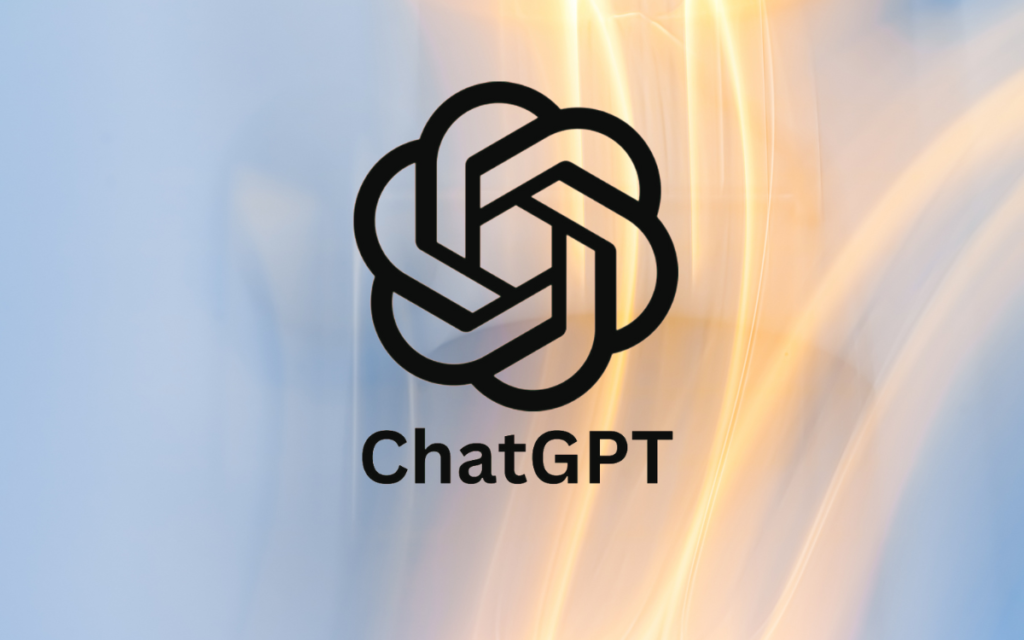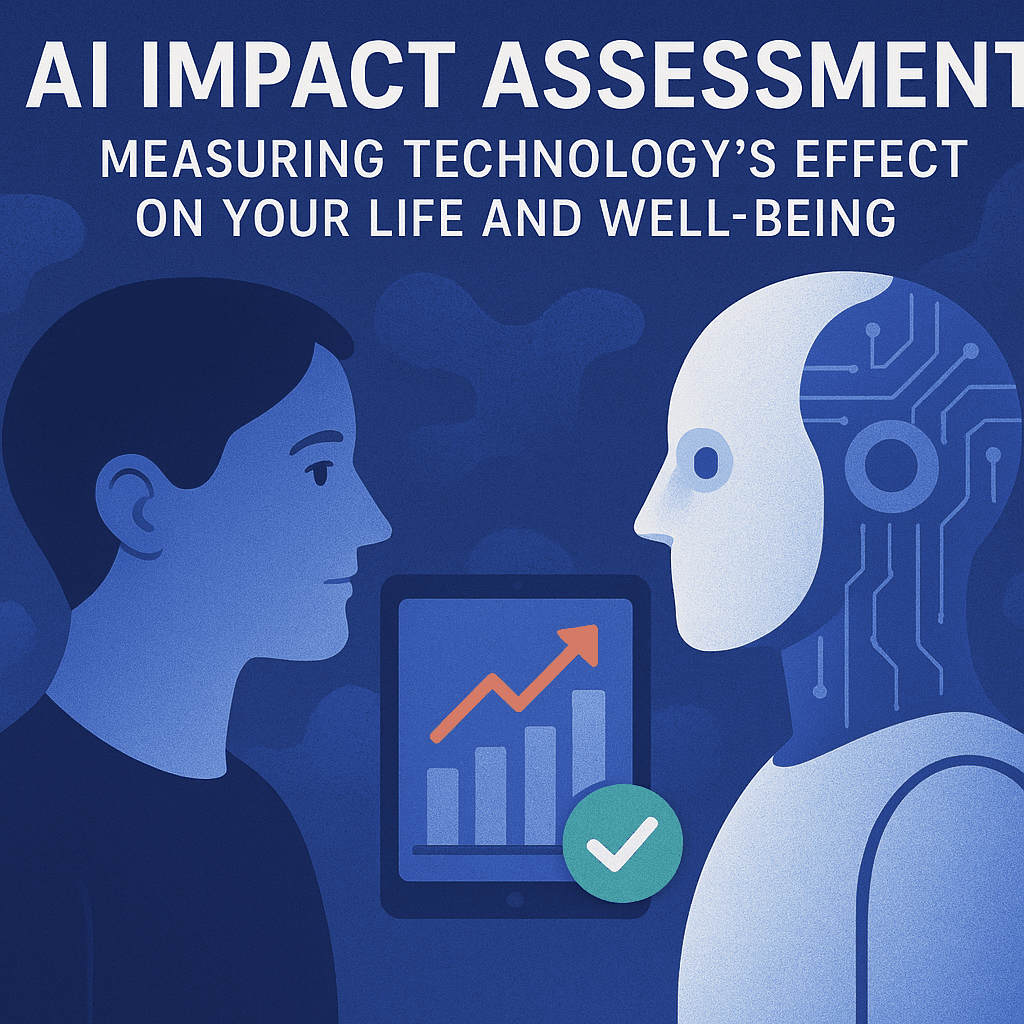Understanding AI Chatbot Addiction
The question weighs on your mind as you open your phone for the fifth time today, not to check messages from friends or family, but to continue a conversation with an AI companion. You’ve been talking to this digital entity more than the people in your life, and somewhere in the back of your mind, […]

